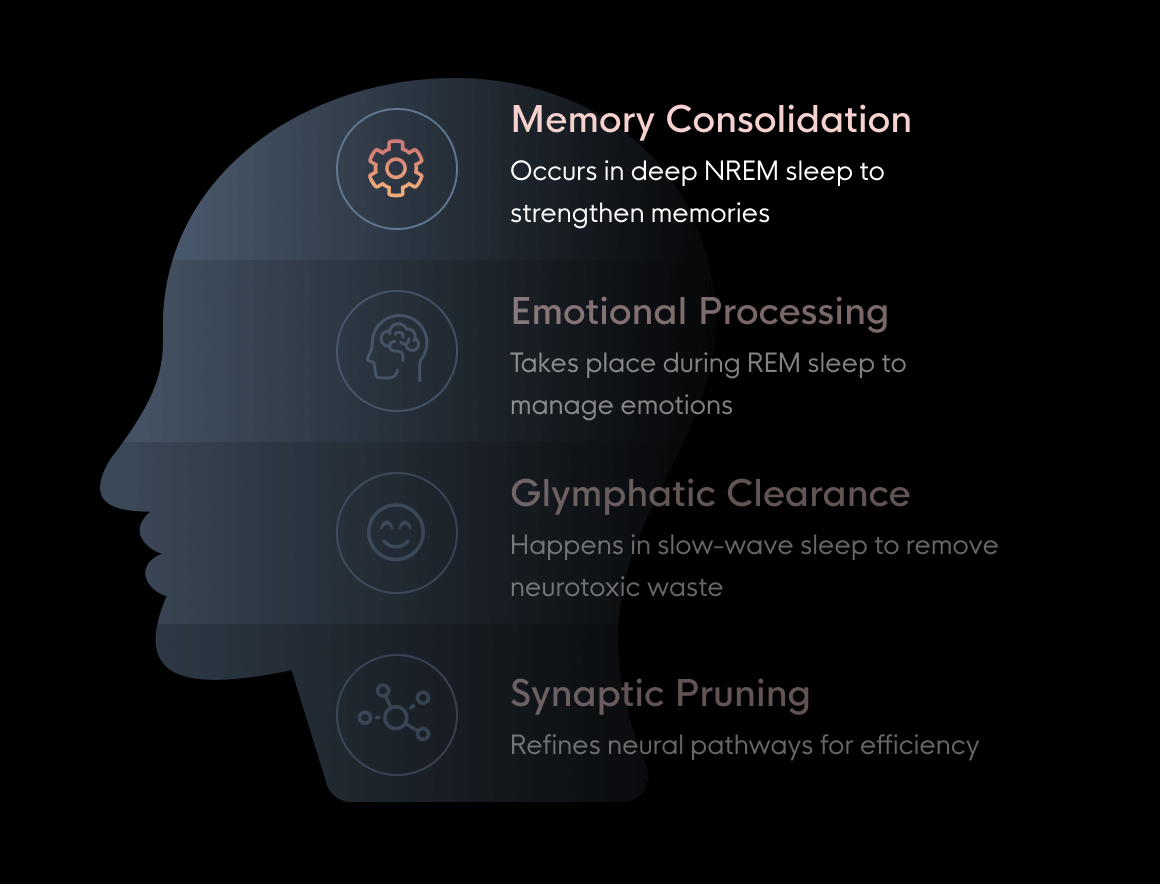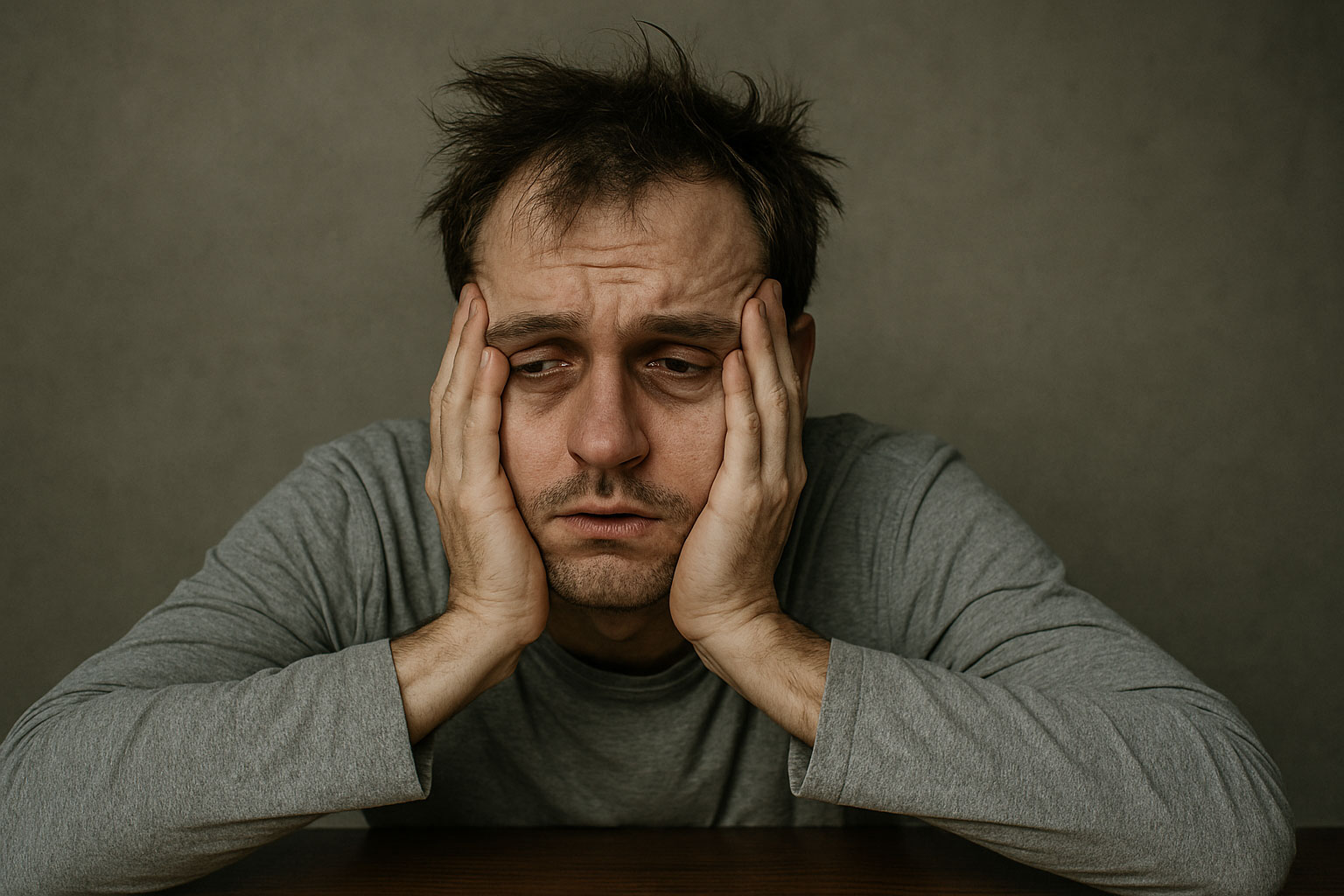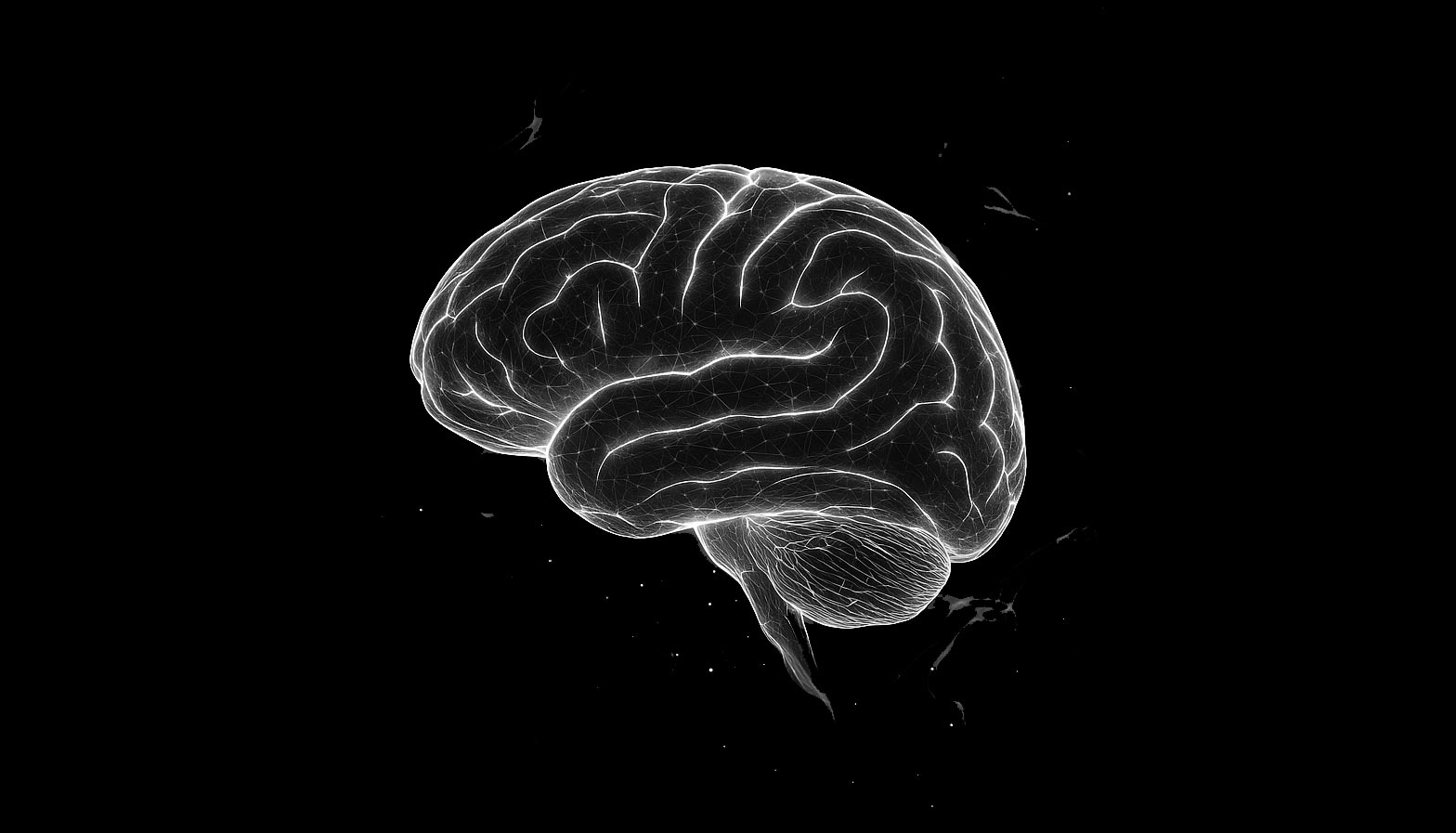Of all the ways to naturally improve brain health – exercise and nutrition being the popular choices –
sleep is the most overlooked lever for a high-functioning brain.
This is due to a misunderstanding of what sleep really is and does for us.
Not merely the absence of being awake, sleep is a deeply active, highly restorative state that’s critical for
memory, emotion regulation, learning, and
long-term cognitive health.
1Many scientists and doctors agree – there is no lifestyle change more important than getting enough sleep. Yet millions of us are in a state of low-grade sleep deprivation – often without realizing it.
2 Even missing a single hour can harm you.Brain fog, irritability, and impulsive decisions are just a few of the short term effects. But over months and years there can be
measurable declines in brain function – which could lead to much worse than forgetting where you put your keys.
This article explains how sleep and brain health are interconnected, and what can be done to enhance your brain’s nightly recovery process.
Sleep and the Brain:
What’s actually going on?
You might be getting a break during sleep, but your brain is still very much on the clock. At times, it can be even more active than normal waking hours.
During the three sleep stages – light sleep, deep sleep, and REM – your brain engages in four crucial housekeeping tasks:

These stages unfold in 90-minute cycles, with less brain activity in non-REM sleep and more activity during REM. After eight hours, these cycles result in a positive, more resilient, and higher functioning you.
But the brain is fickle. If your sleep is shortened or poorly timed (like sleeping with too much light exposure) one or all of these essential processes can be disrupted.
The effects aren’t limited to next-day blues or brain fog, either. Left unchecked,
sleep deprivation over time leads to changes in brain connectivity, gray matter loss, and even the build up of proteins or plaques associated with neurodegenerative diseases and brain ailments.
There is a big misconception that sleep is just rest, so missing a few hours here and there doesn’t seem like a big deal.
But the reality is that, during sleep, your brain is undergoing unfathomably complex operations that, among other things,
physically cleanse your brain of waste which accumulates throughout each day.
If you’re falling short on sleep length or quality, there aren’t any supplements, workouts, or enough cups of coffee that can make up for it.
3Best money I have ever spent
"All I can say is that these are amazing. I am getting way better sleep - I used to wake up in the middle of the night frequently but now I only get up if I need to go pee. Was not that hard to install for someone with 0 handy skills!"
Tristan P. Verified Customer
What your brain experiences with sleep loss
With harmful plaques and proteins gunking up the works, your sleep-deprived brain is like an engine without an oil change:
it doesn’t produce energy the way it should. This leads to the all-too-common brain fog, sluggishness, and inability to focus.
Research shows that even
modest sleep restriction (like 6 hours a night for a week) leads to measurable declines in attention, reaction time and working memory.
4 
With harmful plaques and proteins gunking up the works, your sleep-deprived brain is like an engine without an oil change:
it doesn’t produce energy the way it should. This leads to the all-too-common brain fog, sluggishness, and inability to focus.
Research shows that even
modest sleep restriction (like 6 hours a night for a week) leads to measurable declines in attention, reaction time and working memory.
4 In one study, cognitive performance in sleep-restricted individuals resembled that of
someone legally intoxicated.
Shortened sleep over the long term plays some nasty tricks on your brain.Research demonstrates that, with extended periods of shortened sleep, your perceived tiredness goes away – even though your performance is still low.
But that's not even the half of it. Think back to the last time you
went to bed too late.
How much faster were you to snap when you didn’t mean to, or eat the wrong foods the next day?

That’s what happens when you haven’t had enough REM – which is when emotional processing happens. It’s harder to self-regulate.
Since REM stages dominate the second half of the night, missing out on even one hour of sleep can destabilize your emotions.
5During REM,
vivid dreams help reprocess emotional experiences, integrating them into brain regions that promote resilience and emotional regulation.
5 The brain also pumps out acetylcholine (the rest-and-digest hormone) during REM sleep, which is thought to take the charge off of emotional events.
Sleep Deprivation Alters the Brain’s Physical Structure
Inadequate sleep is as much a structural issue as it is functional. Imaging studies have shown the following brain changes:
Reduced gray matter volume in the hippocampus, a key memory center
Weakened white matter integrity, which affects communication between brain regions
Increased beta-amyloid accumulation, a hallmark of Alzheimer’s disease
How to Optimize Sleep for Brain Health
Getting better sleep comes down to producing melatonin – the main sleep hormone – at the right times.
Melatonin signals the end of wakefulness and is only properly released in complete darkness. If you're exposed to light in the hours before or during sleep, especially blue light, melatonin production significantly drops.
Shift workers, frequent travelers, and those living in high-light environments often have the greatest trouble sleeping for this reason. Even light that seems minor (like streetlamps through the curtain or hallway light under the door) can suppress melatonin and fragment your sleep cycles.
Here’s how to sleep your way to a better brain:
1. Get Real Darkness
This is foundational. Blackout conditions – total darkness with no ambient light exposure – are critical for full melatonin release. Light leakage from windows, screens, or indoor lighting can delay sleep onset keep you stuck in lighter sleep stages.
Installing a blackout solution, like
UBlockout shades, creates a controlled sleep environment, especially vital for those sleeping during daylight hours or in urban settings. It’s a simple change with an instant result.
2. Honor Your Circadian Rhythm
Align your sleep-wake cycle with natural light cues when possible. That means getting sunlight exposure first thing in the morning, and not eating in the hours before bed. Metabolizing food, or worse, alcohol, is a wakeful activity that can knock you out of deep and REM sleep.
For shift workers or those with unavoidable nighttime obligations, you can maintain a strong circadian clock by using
blackout shades during the day and exposing yourself to bright light upon waking.
3. Establish Sleep Regularity
The brain thrives on consistency. Going to bed and waking up at the same time every day strengthens circadian signals and improves sleep quality. Irregular schedules, even by 1-2 hours, can affect performance and mood.
4. Protect Pre-Sleep Hours
Avoid screens, overhead lighting, and stimulants in the 1-2 hours before bed. Use warm, dim lighting and consider light-filtering glasses if screen time is unavoidable.
Conclusion
Life is tough, and your brain has the tall task of keeping you not only alive but happy and balanced. And sleep? It’s the nightly therapy that keeps your brains humming at 100%.
By understanding and appreciating the connection between sleep and cognitive health, you’re empowered to make better decisions about your routines that support your highest wellbeing.
And in an increasingly bright, loud, and ‘always on’ world, creating a
sleep sanctuary with real darkness is no longer optional – it’s essential.
Curious about optimizing your sleep with complete darkness?
Pricing for our premium blackout solution range from $196 - $1,030 depending on your window size and control options.
- Book a free consultation with our expert team
- Unlock 100% Blackout without sacrificing style
- On the call we'll help get the perfect fit and discuss (color, style, control and installation options)
References:
1. Diekelmann, S., Born, J. The memory function of sleep. Nat Rev Neurosci 11, 114–126 (2010).
https://doi.org/10.1038/nrn2762
2. National Heart, Lung, and Blood Institute. (n.d.).
What Are Sleep Deprivation and Deficiency? U.S. Department of Health & Human Services. Updated March 2022
https://www.nhlbi.nih.gov/health/sleep-deprivation3. Krause, A., Simon, E., Mander, B. et al. The sleep-deprived human brain. Nat Rev Neurosci 18, 404–418 (2017).
https://doi.org/10.1038/nrn.2017.55
4. Van Dongen, H. P. A., Maislin, G., Mullington, J. M., & Dinges, D. F. The cumulative cost of additional wakefulness: Dose–response effects on neurobehavioral functions and sleep physiology from chronic sleep restriction and total sleep deprivation. Sleep, 26(2), 117–126. (2003)
https://doi.org/10.1093/sleep/26.2.117
5. Walker, M. P., & van der Helm, E. Overnight therapy? The role of sleep in emotional brain processing. Psychological Bulletin, 135(5), 731–748. (2009)
https://doi.org/10.1037/a0016570
6. Kametani, H., & Kawamura, H. Alterations in acetylcholine release in the rat hippocampus during sleep-wakefulness detected by intracerebral dialysis. (1990)
https://doi.org/10.1016/0024-3205(90)90300-g



